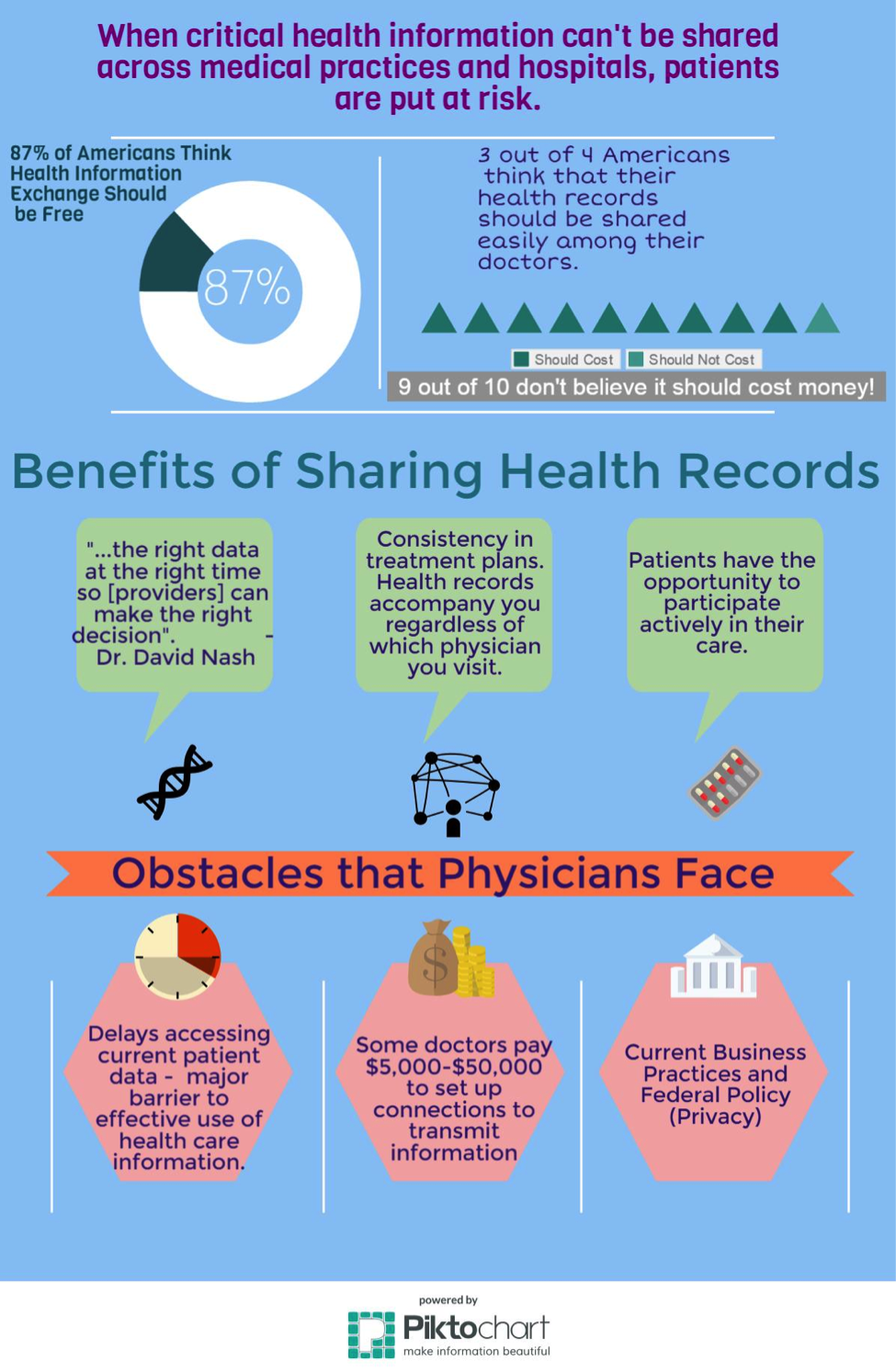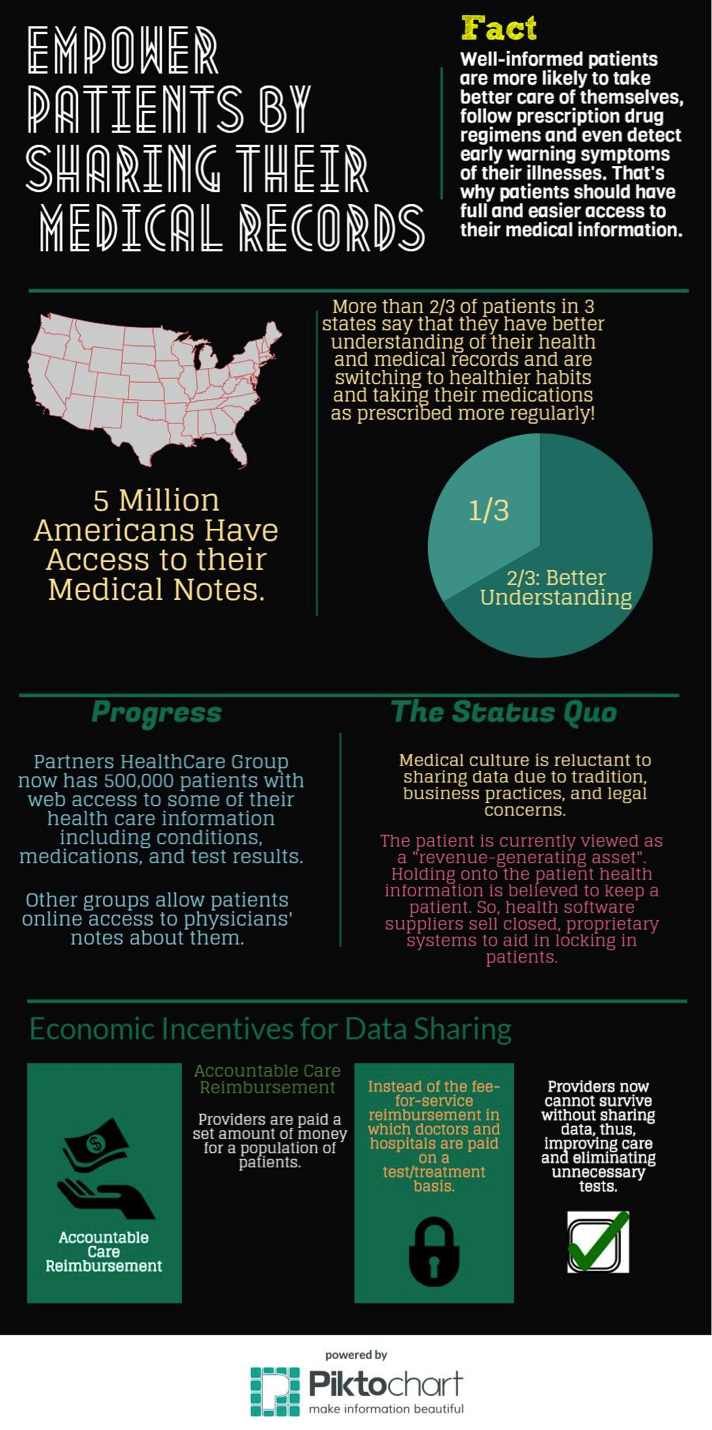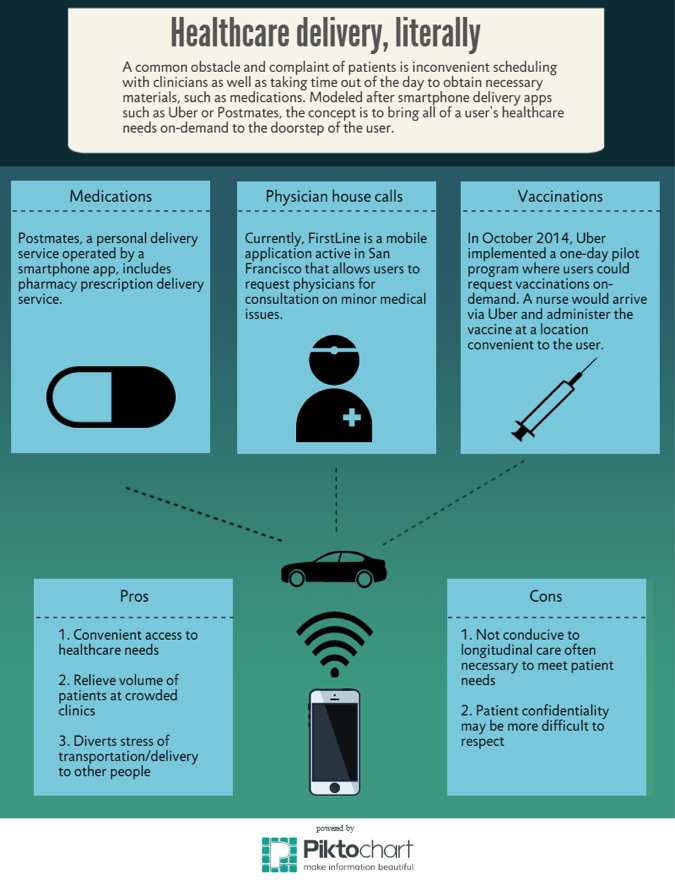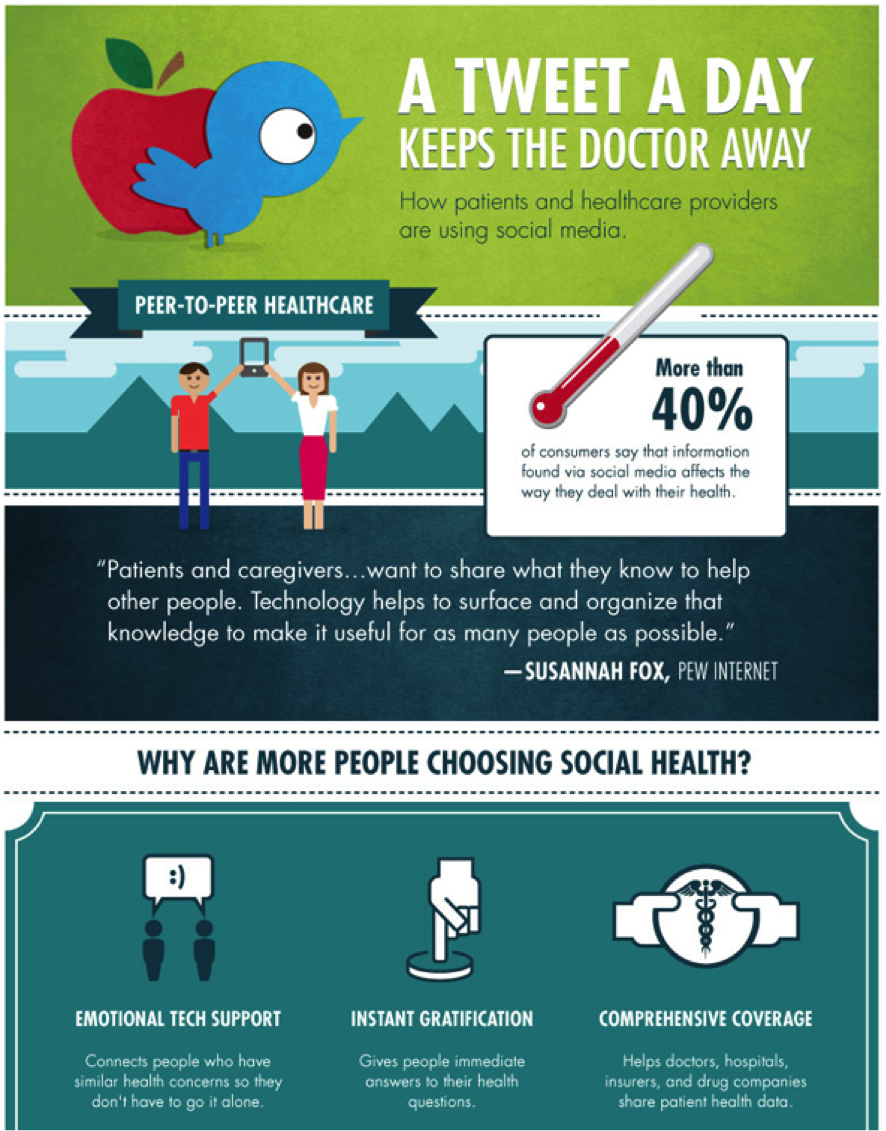Guest posting by Sarah Bakhiet
In a previous blog post, I discussed the emerging practice of remote health care, in which physicians provide medical care to patients through video conferencing. Remote health care works especially well in the field of psychiatry, and may even provide better outcomes than in-person psychiatry in certain cases. Referred to as telepsychiatry or Skype psychiatry, this new form of telemedicine is enhancing the ability of psychiatrists to treat a variety of mental health patients.
In other fields of medicine, video conferencing has been used to alleviate the shortage of physicians in rural areas and to provide quick health care in time-sensitive cases, such as stroke patients. Telepsychiatry plays a similar role in providing therapy and treatment to patients living in remote areas who do not have access to psychiatrists or psychologists. Furthermore, having the ability to choose between psychiatrists throughout the world and not being limited to local psychiatrists allows patient’s access to a variety of psychiatrists who may be better trained in their specific disorder. In cases where mental health patients may be experiencing panic attacks or other pressing issues, being able to connect directly to their psychiatrist within minutes instead of waiting for an appointment can make all the difference.
Telepsychiatry is especially beneficial for patients with social anxiety disorders, such as agoraphobia. For these patients, having access to treatment from the comfort of their own home removes the burden of venturing out in public, which might prevent them from seeking treatment in the first place.
Although there are several benefits to telepsychiatry, there are some concerns that must be addressed as well. When it comes to medication, psychiatrists have been disciplined for prescribing pills to patients they had never examined in person, raising ethical and safety concerns (1). Furthermore, the in-person benefits of “immediacy and warmth” may be lost through virtual therapy sessions (2). Despite these drawbacks, telepsychiatry seems to have a promising future in providing mental health care to a variety of patients.
[1] http://commonhealth.wbur.org/2013/09/doctor-treat-skype-sanction
[2] http://www.foxnews.com/health/2013/02/28/skype-revolutionizing-mental-health-care/





